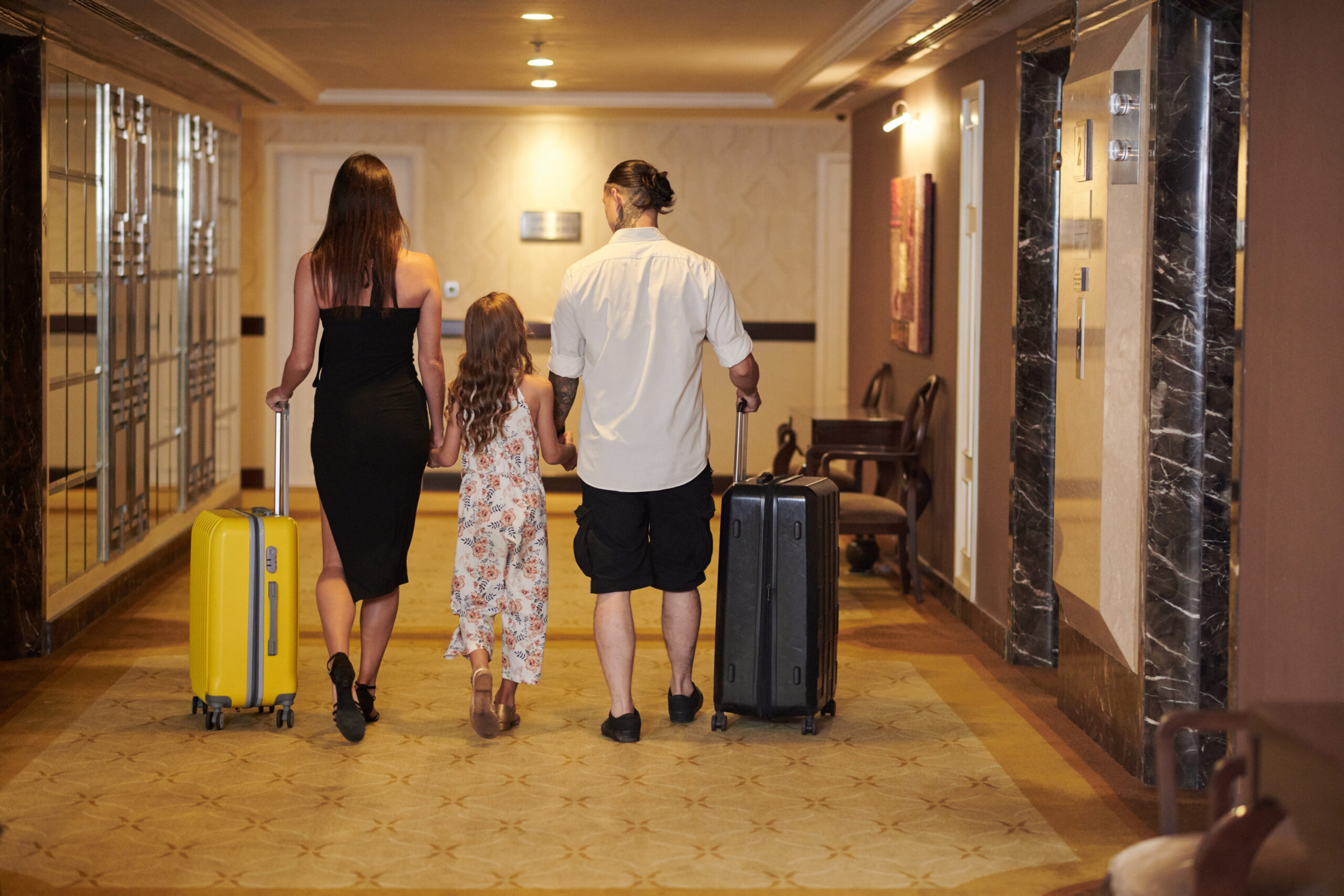As 2024 concludes, the luxury hospitality industry is undergoing significant transformations, driven by evolving traveler preferences and innovative service models. In 2025, several key trends are expected to redefine high-end hospitality, emphasizing personalized experiences, technological integration, and sustainable practices.
1. Personalized and Curated Experiences
Modern travelers increasingly seek bespoke accommodations that offer the comfort of high-end hotels combined with the intimacy of private retreats. Companies like Wander are leading this shift by providing meticulously selected properties that ensure consistent quality and personalized services. Their offerings include chef’s kitchens, spa-inspired bathrooms, and ergonomic workstations, catering to both leisure and business travelers.
2. Integration of Advanced Technology
The adoption of smart home features and user-friendly applications is enhancing guest experiences. For instance, Wander’s app simplifies booking, concierge communication, and property access, while in-home smart technology allows guests to control lighting, temperature, and entertainment systems seamlessly.
3. Emphasis on Sustainability and Wellness
There is a growing demand for eco-friendly practices and wellness-oriented amenities. Luxury hotels are responding by incorporating sustainable materials, energy-efficient systems, and wellness programs that focus on physical and mental health. This trend aligns with the increasing consumer preference for environmentally conscious and health-focused travel options.
4. Rise of ‘Workcations’ and Flexible Spaces
The blending of work and leisure, known as ‘workcations,’ has become more prevalent. Travelers expect adaptable spaces that facilitate productivity without compromising on relaxation. High-end accommodations are now offering dedicated workspaces equipped with high-speed internet and office amenities to cater to this emerging need.
5. Focus on Unique Architectural and Cultural Experiences
Properties that reflect local culture and architecture are gaining popularity among luxury travelers. Hotels are designing spaces that harmonize with their surroundings, providing guests with authentic experiences that connect them to the destination’s heritage and aesthetics.
6. Health and Safety Prioritization
In the wake of global health concerns, luxury hotels are implementing enhanced health and safety protocols. This includes advanced sanitation measures, contactless services, and health screenings to ensure guest well-being and build confidence in travel.
7. Expansion of Exclusive Membership Models
Some high-end hospitality providers are introducing membership-based access to their properties, offering exclusive benefits and personalized services to members. This model fosters a sense of community and loyalty among guests seeking unique and tailored experiences.
Conclusion
The future of high-end hospitality in 2025 is characterized by a shift towards personalized, technology-driven, and sustainable experiences. By embracing these trends, luxury accommodations can meet the evolving expectations of travelers, providing memorable and meaningful stays that resonate with the modern ethos of intentional and immersive living.


